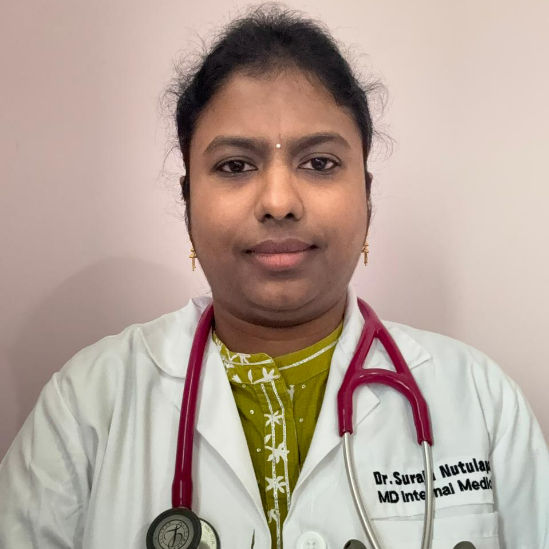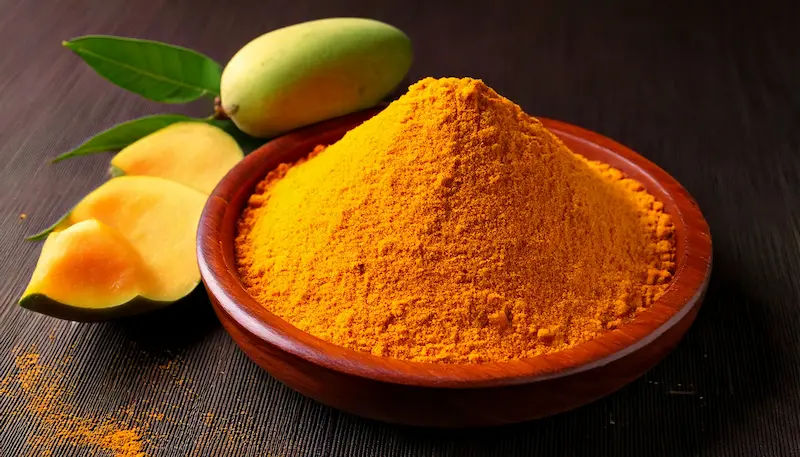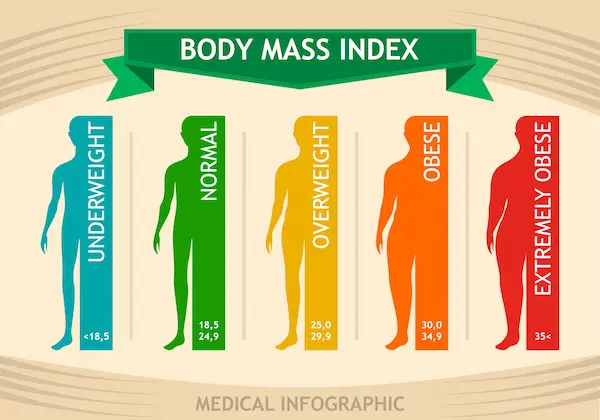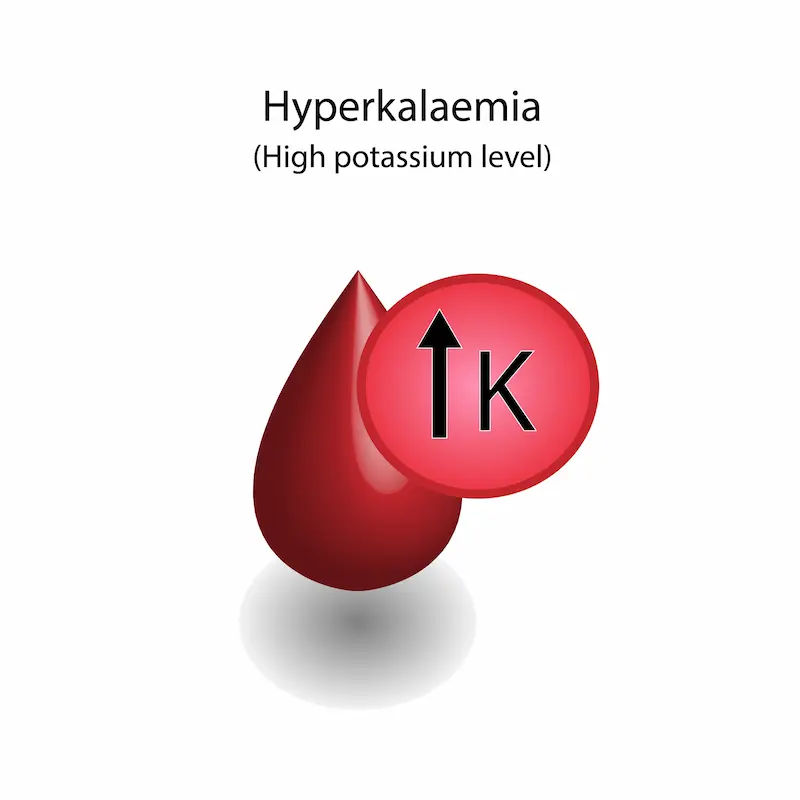Women’s Health: Best Diet Tips for Maintaining a Healthy Weight
Practical women’s diet advice and healthy weight tips backed by experts. Learn what to eat, portions, and habits to maintain a healthy weight for life.

Written by Dr. Mohammed Kamran
Reviewed by Dr. Dhankecha Mayank Dineshbhai MBBS
Last updated on 13th Jan, 2026

Introduction
Managing weight can feel confusing, especially with busy schedules and changing needs across life stages. The good news: simple, science-backed steps can make a big difference. This guide shares practical women’s diet ideas and healthy weight tips you can use today—no fads, no guilt. You’ll learn what to eat more of, what to limit, and how to build habits that fit your life, whether you’re in your 20s or navigating perimenopause and beyond.
Why a Healthy Weight Matters for Women?
- Health benefits: Maintaining a healthy weight lowers the risk of heart disease, type 2 diabetes, some cancers, and joint problems. It also supports energy, mood, and sleep.
- Simple ways to assess: Body mass index (BMI) is a screening tool, but it doesn’t tell the whole story. Waist size is also useful - women with a waist circumference over 35 inches (88 cm) have higher risk for health problems. Talk with your clinician about what’s right for you.
- Be kind to yourself: Weight is influenced by many factors - genetics, medications, stress, sleep, hormones, and access to healthy food. Focus on steady habits, not perfection.
Build a Women’s Diet That Supports a Healthy Weight
Healthy eating patterns - not “perfect” meals - are what matter. Here’s how to build a sustainable plan.
Fill Half Your Plate with Vegetables and Fruit
- Aim for at least 5 servings a day (about 400 g total), as recommended by global health experts.
- Choose a rainbow: leafy greens, cruciferous veggies, berries, citrus, and colourful peppers add fibre, vitamins, and antioxidants that support weight and long-term health.
- Quick wins: Add spinach to eggs, snack on fruit and nuts, keep frozen vegetables for easy stir-fries.
Pick Smart Carbohydrates
- Choose whole grains most of the time: oats, quinoa, brown rice, 100% whole-wheat pasta and bread, and barley.
- Include legumes: beans, lentils, and chickpeas add fibre and protein that help you feel full longer.
- Limit refined carbs and sweets: biscuits, pastries, and sweetened drinks spike blood sugar and hunger.
Include High-Quality Protein at Each Meal
- Protein supports muscle, which helps metabolism - especially important with age.
- Good sources: fish, poultry, eggs, tofu, tempeh, beans, lentils, edamame, Greek yoghurt, and cottage cheese. If you eat red meat, keep it occasional and choose lean cuts.
- Simple target: build meals around a palm-sized portion of protein, adjusted to your hunger and activity level.
Choose Healthy Fats
- Focus on unsaturated fats from olive oil, avocados, nuts, seeds, and fatty fish (salmon, sardines).
- Limit saturated fats (butter, fatty cuts of meat) and avoid trans fats.
- Flavour tip: Use olive oil–based dressings, top salads with nuts and seeds, and try salmon once a week.
Hydrate Smarter
- Water is best. Unsweetened tea, sparkling water, and black coffee can also fit.
- Sugary drinks add calories without fullness. Keep them rare.
- Practical sign you’re hydrated: urine that’s pale yellow.
Use the Healthy Plate Method
An easy visual that aligns with expert guidance:
- Half plate: non-starchy vegetables and some fruit
- Quarter plate: protein
- Quarter plate: whole grains or starchy vegetables
- Add a small serving of healthy fats
Portion Control and Meal Timing Made Simple
- Eat mindfully: Pause mid-meal to check fullness. Put down utensils between bites. Aim for “satisfied,” not stuffed.
- Plan your day: Regular meals and planned snacks can prevent extreme hunger and overeating.
- Practical portions:
- Grains/starches: about a cupped hand
- Protein: about a palm
- Fats: about a thumb or small drizzle of oil
- Night eating: It’s okay to eat dinner later if that fits your routine. Choose balanced meals and limit late-night snacking.
Consult Top Specialists
Key Nutrients Women Often Need to Watch
Here are the key nutrients women often need to watch:
- Iron: Important for energy and oxygen transport. Women who menstruate generally need more iron from foods like lean meats, beans, lentils, tofu, spinach, and fortified cereals. Pair plant iron with vitamin C foods (citrus, bell peppers) to boost absorption.
- Folate/folic acid: If you could become pregnant, get 400 micrograms (mcg) of folic acid daily from supplements or fortified foods, plus folate-rich foods (leafy greens, beans). This helps prevent serious birth defects early in pregnancy.
- Calcium and vitamin D: Support bones and muscles. Many women don’t get enough. Food sources include dairy or fortified dairy alternatives, leafy greens (calcium), and fatty fish (vitamin D). Supplements may be helpful if intake is low—ask your clinician for personalised advice.
- Fibre: Aim for at least 25 grams per day. Fibre supports fullness, healthy digestion, and heart health. Get it from vegetables, fruit, beans, lentils, nuts, seeds, and whole grains.
- Vitamin B12: If you’re vegan, plan for B12-fortified foods or a supplement.
Lifestyle Habits That Amplify Healthy Weight
Here are some lifestyle habits that amplify healthy weight:
- Physical activity: For most adults, 150 minutes of moderate activity each week (like brisk walking or cycling), plus muscle-strengthening on 2+ days. Strength training helps preserve muscle and metabolism.
- Sleep: Aim for at least 7 hours per night. Poor sleep can raise hunger hormones and cravings.
- Stress: Chronic stress can drive overeating. Try short daily practices—walking outside, deep breathing, stretching, journalling, or a brief meditation.
- Alcohol: If you drink, do so in moderation—up to 1 drink per day for women. Alcohol adds calories and can disrupt sleep and appetite signals.
Healthy Weight Tips for Different Life Stages
Here are the healthy weight tips for different lide stages:
Reproductive Years (20s–30s)
- Focus on balanced meals, iron-rich foods, and folate if pregnancy is possible.
- Build a basic meal prep routine - pre-wash produce, cook a grain and a protein for easy mix-and-match meals.
Postpartum and Breastfeeding
Appetite may rise; honour hunger with nutrient-dense foods. Hydrate well. Seek support for meal prep and rest when possible.
Perimenopause and Menopause
- Muscle mass and metabolism may decline with age. Keep protein at each meal and prioritise strength training.
- Focus on fibre-rich foods for fullness and cholesterol support.
- Watch added sugars and refined carbs, which can worsen hot-flash discomfort in some women and add extra calories.
60s and Beyond
- Keep moving: strength, balance, and flexibility help protect independence and reduce fall risk.
- Ensure enough calcium, vitamin D, and protein to protect bones and muscle. Adjust portions if appetite changes.
Grocery Shopping and Label Savvy
- Added sugars: Aim to keep added sugars below 10% of daily calories. Choose unsweetened versions of yoghurt, cereals, and beverages when possible.
- Sodium: Aim low. The World Health Organization recommends less than 2,000 mg of sodium per day (about 5 g of salt). Drain and rinse canned beans and choose “no-salt-added” when you can.
- Build a fibre-first cart: Whole grains, beans, lentils, nuts/seeds, and plenty of produce.
- Short ingredient lists: Choose foods with ingredients you recognise and minimal ultra-processed items.
10 Practical Healthy Weight Tips That Work
Here are 10 practical weight management tips:
- Use the Healthy Plate method at most meals.
- Include a source of protein, fibre, and healthy fat at every meal to stay full.
- Keep cut veggies, fruit, yoghurt, and nuts ready for quick snacks.
- Drink water first when you think you’re hungry - thirst can mimic hunger.
- Limit sugary drinks and keep desserts as small, mindful treats.
- Walk after meals when possible; even 10 minutes helps.
- Strength train 2–3 days a week to protect muscle and metabolism.
- Sleep 7+ hours; set a wind-down routine.
- Plan 3 simple “go-to” dinners for busy nights.
- Track small wins weekly - consistency beats perfection.
When to Seek Personalised Help?
Seek professional medical advice:
- If you have a medical condition (diabetes, heart disease, kidney disease), are pregnant or breastfeeding, or take medications that affect weight or appetite, ask your healthcare provider for tailored guidance.
- If you’re struggling with disordered eating or body image, reach out to a qualified professional for compassionate support.
- A registered dietitian can help you create a sustainable women’s diet plan that fits your culture, budget, and preferences.
Consult Top Specialists
Conclusion
Healthy weight is about steady habits, not strict rules. Build meals around plants, lean proteins, whole grains, and healthy fats; keep added sugars and sodium in check; move your body in ways you enjoy; and protect your sleep. With consistency and a realistic plan, a womens diet can support energy, confidence, and long-term health - at any age.
Consult Top Specialists

Dr. Lakshmi Sanjitha Kakani
General Physician/ Internal Medicine Specialist
6 Years • MBBS, MD (General Medicine)
Visakhapatnam
Apollo 24|7 Clinic - Andhra Pradesh, Visakhapatnam

Ms. Suhita Sinha
Dietician
8 Years • BSC Food & Nutrition
Kolkata
Chikitsa Medicare Centre Pvt. Ltd.Sattelite Centre Behala Chowrasta, Kolkata

Dr. Haritha C Peddi
Diabetologist
6 Years • MBBS, MD internal Medicine, Diabetology & Metabolic disorders, Critical care
Bengaluru
Apollo Sugar Clinic, Hebbal, Bengaluru

Dr. Suraja Nutulapati
General Physician/ Internal Medicine Specialist
10 Years • MBBS, MD (Internal Medicine)
Hyderabad
Apollo 24|7 Clinic, Hyderabad
(1000+ Patients)

Dr. Praveen Kumar Mukka
General Physician/ Internal Medicine Specialist
21 Years • MBBS, MD General Medicine
Hyderabad
Apollo 24|7 Clinic - Telangana, Hyderabad
(125+ Patients)
Consult Top Specialists

Dr. Lakshmi Sanjitha Kakani
General Physician/ Internal Medicine Specialist
6 Years • MBBS, MD (General Medicine)
Visakhapatnam
Apollo 24|7 Clinic - Andhra Pradesh, Visakhapatnam

Ms. Suhita Sinha
Dietician
8 Years • BSC Food & Nutrition
Kolkata
Chikitsa Medicare Centre Pvt. Ltd.Sattelite Centre Behala Chowrasta, Kolkata

Dr. Haritha C Peddi
Diabetologist
6 Years • MBBS, MD internal Medicine, Diabetology & Metabolic disorders, Critical care
Bengaluru
Apollo Sugar Clinic, Hebbal, Bengaluru

Dr. Suraja Nutulapati
General Physician/ Internal Medicine Specialist
10 Years • MBBS, MD (Internal Medicine)
Hyderabad
Apollo 24|7 Clinic, Hyderabad
(1000+ Patients)

Dr. Praveen Kumar Mukka
General Physician/ Internal Medicine Specialist
21 Years • MBBS, MD General Medicine
Hyderabad
Apollo 24|7 Clinic - Telangana, Hyderabad
(125+ Patients)
More articles from General Medical Consultation
Frequently Asked Questions
What is the best womens diet for weight loss?
There isn’t one “best” diet for everyone. Patterns like the Mediterranean or DASH diets—rich in vegetables, fruits, whole grains, beans, nuts, fish, and olive oil—are well-studied and sustainable. Choose a pattern you enjoy and can maintain long-term.
How much protein do women need?
Most adults need at least 0.8 g of protein per kilogram of body weight daily. Many women do well including a source of protein at each meal to support fullness and muscle. Your needs may be higher if you’re very active, older, or recovering from illness—ask your clinician or a dietitian.
Do I need to cut carbs to maintain a healthy weight?
No. Carbs from whole grains, beans, lentils, vegetables, and fruit provide fiber and nutrients that support weight and health. Focus on quality and portions, and limit refined carbs and added sugars.
Is intermittent fasting safe for women?
Some women find time-restricted eating helpful, but it isn’t right for everyone—especially if you’re pregnant, breastfeeding, have diabetes, take certain medications, or have a history of disordered eating. If you’re interested, discuss it with your healthcare provider and start gently.
Are “detox” teas or fat-burning supplements a good idea?
No. Many are unregulated, can be unsafe, and don’t lead to lasting results. Sustainable healthy weight tips focus on balanced meals, movement, sleep, and stress care.




